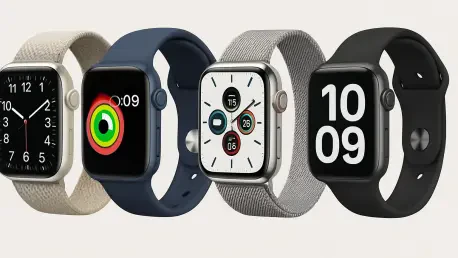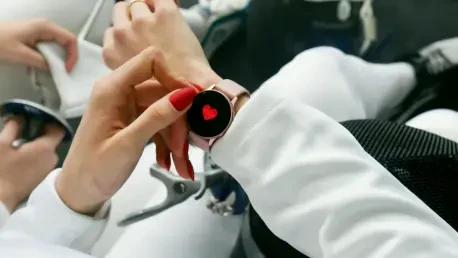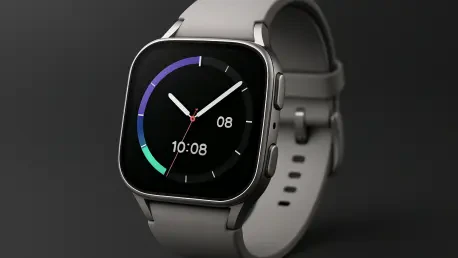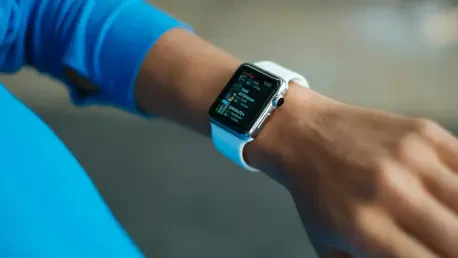
I'm thrilled to sit down with Simon Glairy, a renowned expert in wearable technology with a deep understanding of smartwatches and their evolving ecosystems. With years of experience analyzing devices like the Apple Watch, Simon has tested every model since the first generation in 2015 and keeps a

In a world inundated by stress and lifestyle-related health issues, one might ponder: Could technology be the key to revolutionizing our wellness approach? Gear's Role in the Wellness Movement With an acute lifestyle shift focusing on well-being, individuals are exploring advanced tools to

In today’s fast-paced world, insomnia has become a stark reality for many, debilitating both professionals and students alike as they strive for rest in an ever-noisy existence. Solutions like sleep medications often come with unpleasant side effects, leading many to explore innovative,

The smartwatch industry is at a pivotal moment as Samsung introduces its Galaxy Watch8 series, diverging from traditional designs and integrating cutting-edge technology. With a unique "squircle" shape—a mix of both square and circular elements—this release sparks considerable interest in how

The wearable technology landscape continues to evolve, with each new release setting a higher benchmark for innovation and functionality. The CMF Watch 3 Pro from Nothing's sub-brand is no exception. This smartwatch is not just an iteration of its predecessor, the Watch Pro 2, but a significant

In the ever-evolving world of wearable technology, the Fitbit Versa 4 stands out as a lifestyle smartwatch that successfully marries functionality with sleek design at an affordable price. Fitness enthusiasts and tech-savvy users alike constantly search for devices that not only cater to their